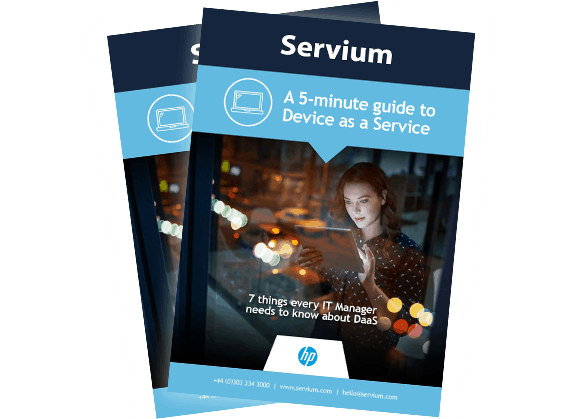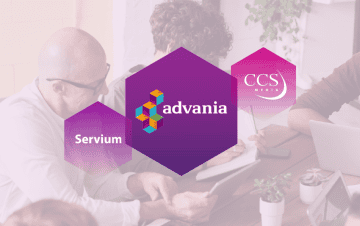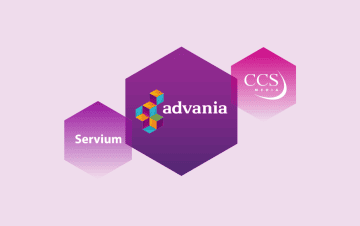The thing about your IT budget is it’s invariably getting smaller. Not only that, the money you have available to you is increasingly being skewed towards operational expenses (OpEx) rather than capital expenses (CapEx) – so there’s less money to go towards replacing the things you need by outright purchase and instead you’re being driven towards funding it through ongoing, month-to-month budgets. Let’s face it you got into IT because you loved tech, not number crunching, so getting creative with budgets might not come naturally. So, what’s the answer to making your budgets go further and better utilising the OpEx that’s now so important to your budget?

Your budget is being eaten by end-user technology
If you closely examine your CapEx, it won’t take long to realise a hefty chunk of it will be getting spent on the hardware and software you put in the hands of your users. New starters, repairs, replacements and retirement all eat into this allowance. Likewise, the multi-generation workforce you support are approaching 50% millennials and expect to change their devices more regularly. With this comes less time to sweat your assets and more budget headaches. Even if you’re not seeing this trend so much today, it’s coming to you soon.
That said, for most organisations, large periodic estate refresh remains a staple project for IT teams and the primary way that end-user devices will be replaced. When this needs to occur it’s a big-ticket programme; an exceptional line item on your budget that makes you wince every time you see it.
The secret to protecting your budget and making it go further
However, with the rising trend of as-a-Service, it’s now possible to roll-up all your device requirements into a single recurring service that you pay for monthly. HP has pioneered this approach, called Device-as-a-Service (DaaS) which allows you to think about the technology your users need (they don’t all need to have the same devices and you can even give them the choice) and then provide the right devices for their job. The beauty of it is that you can scale the service up or down depending on what’s happening with your workforce and it smooths the process of planning, acquiring and retiring the end-user technology you rely on as everything is included in the service. Helpfully, DaaS covers non-HP products too, so it’s possible to bundle up software, security and even add Apple devices to your service too.

Wave goodbye to end-user support!
Perhaps best of all though, is the fact HP will support your end-user environment too. Every IT team knows what a drain user support can be on their time – and for some it’s the road block between keeping the lights on and genuinely creating value for your business. Getting HP to do the heavy lifting on this doesn’t mean you’re just swapping your support people for theirs. Through clever tools that monitor and analyse usage patterns they can identify and resolve potential issues, often before the user even knows about it. Even better, they uncover how your device estate is really being used to reveal hidden costs and new ways to save money.
With Windows 7 end of support just around the corner, it’s no surprise that more and more organisations are turning to DaaS as the perfect solution for making the estate changes that need to occur and doing so without trashing their budgets.
You may also be interested in
All you need to know as CCS Media and Servium become Advania
On 4th August 2025, CCS Media and Servium will become Advania. Work is underway to make the transition as smooth as possible, but there will be some important changes. Find out about what’s changing and what’s staying the same.
A new name for CCS Media & Servium is coming
This summer, Advania UK companies CCS Media and Servium will change their names to better reflect the unified business. Together, we will all be known as Advania.
End of an “EA-ra” but Microsoft CSP opportunities await
We take a deep dive into Microsoft’s curtain call on Enterprise Agreements and the move to CSP. Find out how an expert, partner-led approach from Servium and Advania can help your business optimise spend, drive innovation, and fully leverage Microsoft Cloud.
 Mark Reed
Mark Reed






